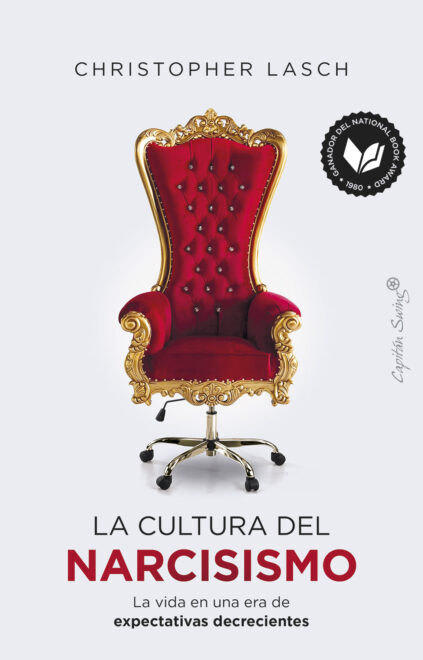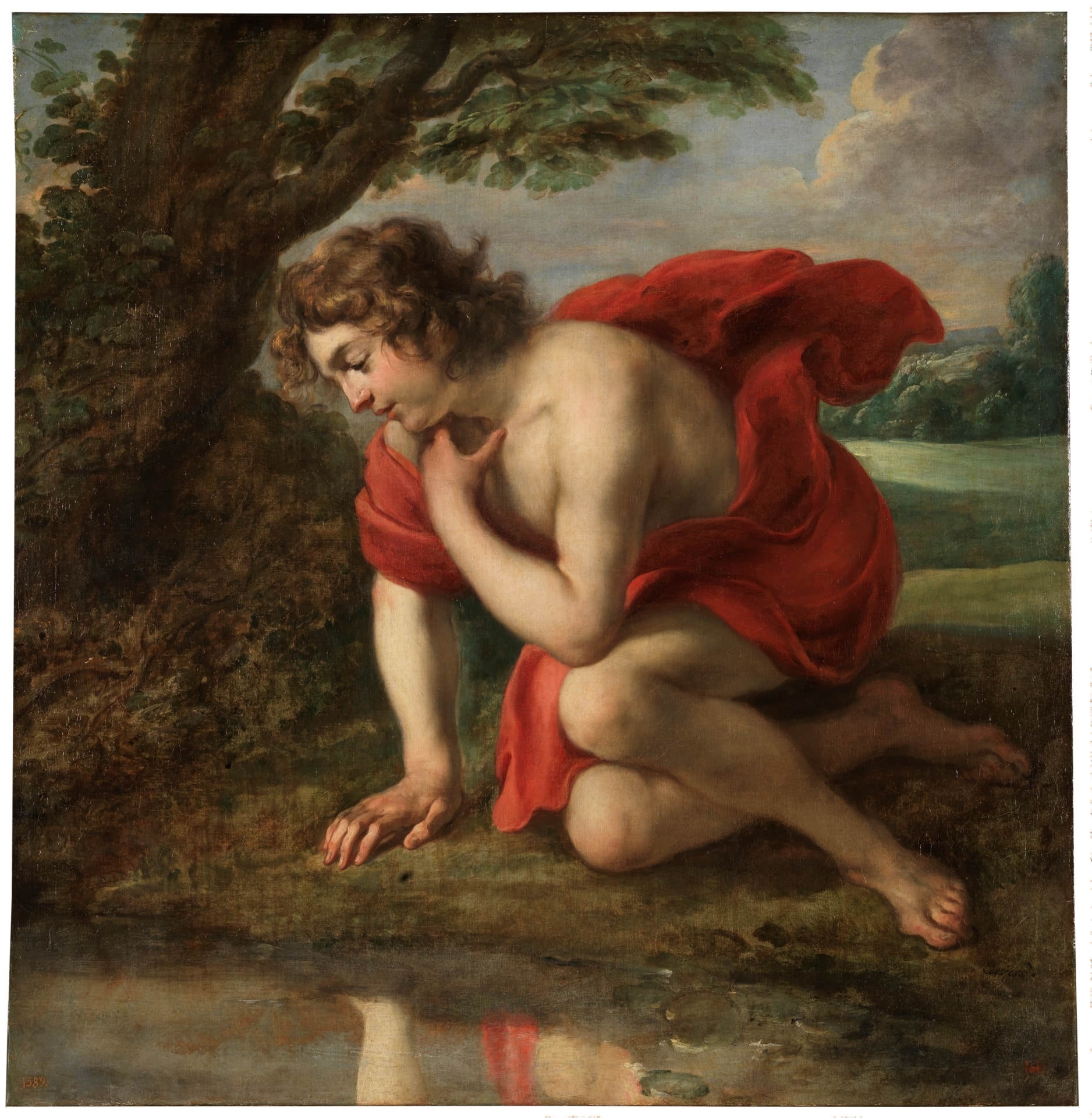

Unemployment and inflation challenge neoclassical economic theory. Sociology has abandoned the development of a coherent description of modern society. Psychology has abandoned the ambitious challenge posed by Freud. And the natural sciences no longer offer any miracle cures for social ills. The humanities feel useless for understanding the modern world, philosophers have stopped telling how to live, literature no longer sees texts as anything but a reflection of the spiritual state of its creator, and historians have resigned themselves to a sense of out of place. story.

As relevant as these statements may seem to us, they are part of his diagnosis. over forty years ago American historian, moralist and social critic Christopher Lash (1932 – 1994) in The culture of narcissism. (Captain Swing). An analysis of those seventy who Tom Wolfe He called the “Decade of the Self” when self-centeredness, self-centeredness and political insularity replaced the social preoccupations of the sixties. The crisis of values before which punk he reacted by rebelling against the past. His speech that there is no future left the hippie movement with good intentions, which were eventually diluted with psychedelics.
Like a time capsule that has reached our days with a sense of a fulfilled prophecy, The culture of narcissism. shell historical, social and psychological trends characteristic of Western decline.

Anti-capitalism and traditions
Lasch’s thought strongly influenced anti-capitalist theories of the leftbut his defense of the traditional family model created unusual connections to Catholic morality. He was a leading author of both democratic Jimmy Carteras well as ultraconservative Steve Bannon. A neo-Marxist and harsh critic of liberalism, he espoused certain aspects of cultural conservatism and drew upon Freud’s theory to diagnose the ongoing deterioration he felt in American culture and politics.
He was the favorite author of both Democrat Jimmy Carter and
ultra-conservative Steve Bannon
In this book, which brought him National Book Award 1980, depicts a narcissistic society preoccupied with “living in the moment,” where the past is obsolete and there are no tools to work with the future. Anxiety has replaced guilt and individualism acts as a social isolator for a generation disillusioned with politics. and with the “last feeling” of permanent residence on the Day of Judgment. The nuclear threat, resource depletion and environmental catastrophes are a daily concern that affects the need to find new ways of survival, understood in the sense of self-sufficiency.
eternal dissatisfaction
“Without hope of improving your life in any of the really important ways, people were convinced that the main thing is personal mental improvement: contact with feelings, eat healthy food, take lessons ballet or belly dance, immerse yourself in oriental wisdom, run, learn to “treat”, overcome the “fear of pleasure”. The historian describes these measures as “harmless in themselves”, alluding to the cult of personal growth.
Lusch sees technology as man’s last regressive solution to fulfill his dream of conquering nature.
Shaping this obsession with self-esteem, liberation from family ties and institutional restrictions, Lusch observes how the narcissist cannot overcome feelings of dissatisfaction. This is where the shadow of capitalism appears with its supranational corporations and the mass production of insatiable desires. “Instead of relying on your own experience, we let the experts define our needs for us and then wonder why those needs are never met. This denial of the past, which at first glance seems to be a progressive and optimistic attitude, embodies the despair of a society unable to look to the future.
The culture of narcissism. He emphasizes that the narcissist’s original sin is based mainly on the idea of abandoning his past and on the inability to recognize his separate existence from the self. “Narciso is drowning in his own reflection, never realizing that it is only a reflection. The point of the story is not that Narcissus falls in love with himself., but does not recognize its reflection, because it has no idea of the difference between itself and its environment. This is what prevents the possibility of recognizing others as independent entities with their own desires, and not a projection of yours.

“Our standards for ‘meaningful creative work’ are too high to withstand disappointment. Our ideal of “true love” places an unbearable burden on intimate relationships. We demand too much from life and too little from ourselves.”check.
Hyperrationality and the “new era”
Lasch’s diagnosis points directly to denial of one’s own limitations. The narcissist feels omnipotent and therefore rejects the role of nature, an element that man has tried to change and control, especially since the industrial revolution. Rebellion against nature, in the key of the mother, on whom she harbored a grudge for her ability to doubt her self-sufficiency.
For this reason, the historian sees in technology the last regressive solution of man to realize his dream of subjugating nature. “One way to deny our dependence on nature is to invent technologies designed to be masters of the universe”. A fact that qualifies as a collective rebellion against the limitations of human existence.
We find it increasingly difficult to achieve a sense of continuity, permanence, or connection with the world around us. Relationships with others are remarkably fragile; goods are created for use and then discarded; we perceive reality as an unstable environment of flickering images.
Christopher Lush
However, it is known that this trend proceeds in two opposite directions. He speaks of a world characterized by faith in science and technology, and at the same time by widespread revolt against reason. This coexistence of hyper-rationality and a return to superstition and archaic beliefs (the new Age) make sense in a culture of narcissism rooted in feelings of homelessness and displacement, through rejection of one’s past.
Faced with the “horrors of existence”, Lash advocates “home comfort of love, work and family lifethat connect us to a world independent of our desires, but sensitive to our needs. According to the American historian, we can only feel truly happy and satisfied when we learn to accept our own limitations.
Source: El Independiente